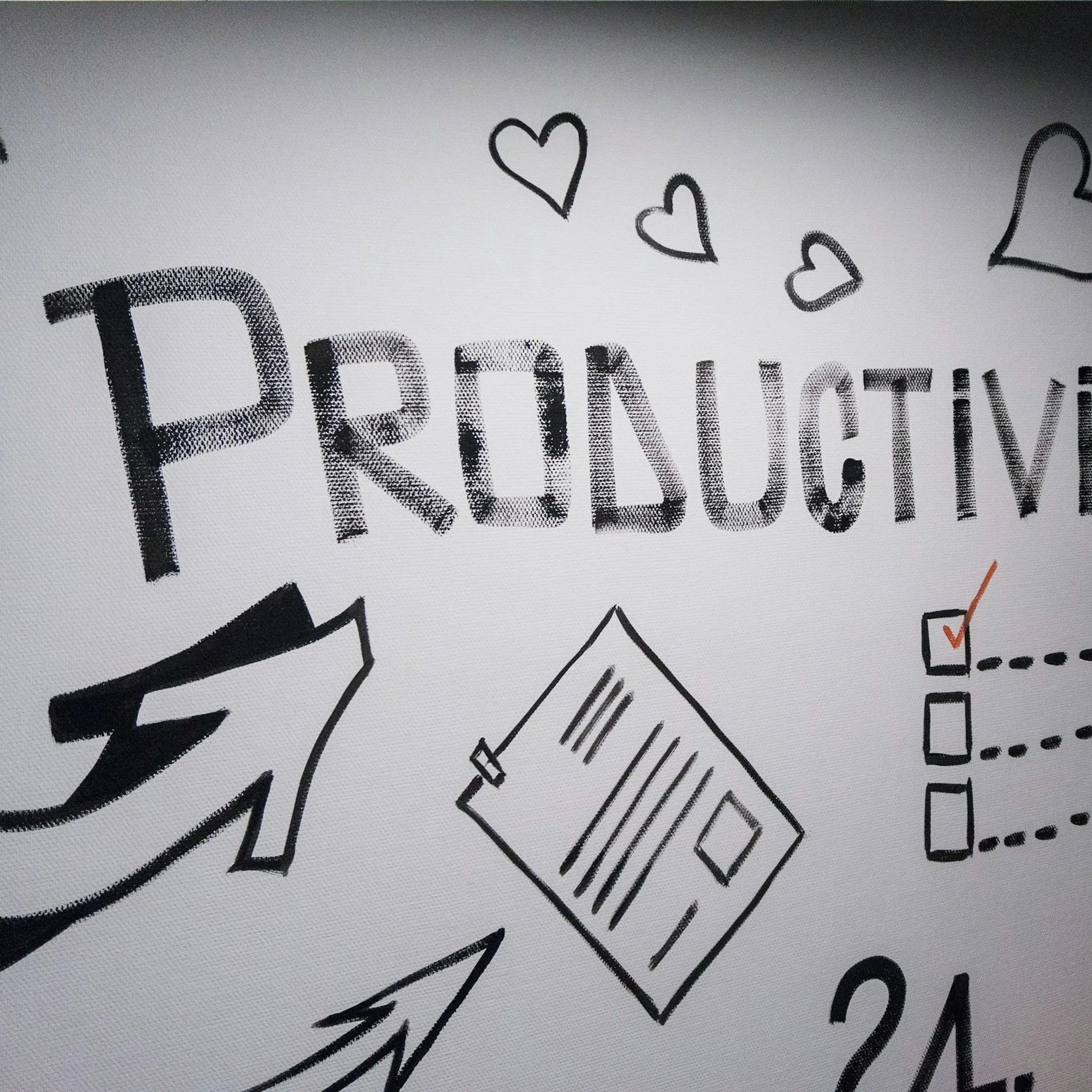Building skills to positively deal with and process failure is essential for personal growth and long-term success. When you develop the ability to handle setbacks with resilience and a constructive mindset, failure becomes less intimidating and more of a learning opportunity. However, relying solely on external successes as validation of your worth can create a strong but fragile confidence that depends entirely on outcomes. This kind of confidence is vulnerable—when things don’t go well, self-esteem and mental health can take a significant hit. By building skills to cope with failure, you learn to separate your sense of value from external achievements, fostering a deeper, more stable confidence that supports your well-being even in difficult times. This balanced approach transforms challenges into stepping stones for lasting growth and fulfillment.
Read MoreUsing strategies to work towards success and overcome setbacks or failure helps feed a growth mindset and build assertiveness skills by encouraging persistence, self-awareness, and confident communication. When individuals apply techniques like goal setting, problem-solving, and self-reflection, they begin to see challenges as opportunities to learn rather than as signs of inadequacy. This shift in thinking reinforces the belief that abilities can develop over time—a core aspect of a growth mindset. At the same time, facing obstacles and learning to respond with clarity and self-assurance helps strengthen assertiveness. By actively choosing how to respond to difficulties and advocating for their needs, individuals grow more resilient and empowered in both personal and social situations.
Read MoreThe way you deal with challenges can have a powerful impact on your personal growth, confidence, and long-term success. If you approach challenges with a positive, resilient mindset, you’re more likely to learn from mistakes, build problem-solving skills, and strengthen your belief in your ability to overcome difficulties. This helps you grow emotionally and intellectually, boosts your self-esteem, and prepares you to face future obstacles with confidence.
Read MoreWhile "effort" and "working hard" are often used interchangeably, there's a subtle difference. Effort is the conscious exertion of power or energy, while working hard implies a sustained, diligent approach to achieve a goal.
Working hard: Implies a consistent and persistent effort over time, often with a specific goal in mind. It involves more than just putting in the minimum effort; it's a dedication to achieving success. It often involves more than just effort, including focus, persistence over time, and a willingness to dedicate time and resources. It can mean continuing despite the task being difficult, it taking a lot of time or time, being a large task or involving discipline or sacrifice.
Effort: Involves expending physical or mental energy to achieve something. It's the general act of trying, whether you succeed or not. It involves the mental or physical effort to try without the promise of success, using motivation skills and mental and physical energy management. Effort is a part of working hard.
Read MoreLearning to work hard for your success is a key part of developing a growth mindset, which plays a vital role in building both a strong mindset and healthy mental health. A growth mindset is the belief that your abilities, intelligence, and talents can be developed through dedication, effort, and learning from mistakes. When you approach goals with the understanding that hard work leads to improvement, you become more willing to face challenges, push through setbacks, and see failure as a valuable part of the learning process. This not only strengthens your ability to cope with difficulties but also helps reduce anxiety and fear of not being "good enough." Over time, the habit of working hard and seeing steady progress builds resilience, boosts self-esteem, and promotes a sense of control over your life. All of these factors contribute to a healthier, more positive mental state and lay the foundation for long-term personal growth and emotional well-being.
Read MoreCourage is the foundation of self-assertiveness and personal growth. It takes bravery to speak up for yourself, set boundaries, and express your needs—especially when doing so might disrupt the status quo or risk disapproval. Without courage, it's easy to fall into patterns of people-pleasing, silence, or self-doubt. But when you choose to be courageous, you affirm your worth and take ownership of your life. Courage fuels self-confidence by proving to yourself that you can handle discomfort, face challenges, and stand strong in your values. It also drives personal growth, as it pushes you to step outside your comfort zone, confront fears, and embrace change. In practicing courage, you become more self-aware, resilient, and empowered to live a life that’s true to who you are.
Read MoreGoal setting is all about giving yourself a clear direction and a sense of purpose—it’s like drawing your own map to where you want to go. When it comes to becoming more assertive, setting goals can be a total game-changer. Instead of feeling overwhelmed by the idea of speaking up or standing your ground, you can break it down into small, doable steps—like starting a conversation with confidence, saying “no” without guilt, or voicing your needs calmly. Each goal you reach is a little win that builds your self-belief and keeps you moving forward. It’s empowering to watch yourself grow, and having those goals keeps you focused, motivated, and ready to take charge of your voice and your space.
Read MoreSelf-motivation is a vital skill that empowers you to pursue your goals independently, fostering resilience in the face of setbacks. When you're driven from within, you're more likely to maintain consistency in your efforts and enhance productivity, as personal satisfaction becomes your primary reward. This intrinsic motivation often leads to greater clarity in your objectives, allowing you to prioritize tasks effectively and manage your time wisely. Moreover, it encourages creativity and innovation, as you're free to explore your interests without external constraints. Ultimately, cultivating self-motivation not only builds your self-confidence but also enhances your overall life satisfaction, making the journey toward your aspirations more enjoyable and fulfilling.
Read MoreThe basics of an assertive mindset start here with the 13 core self-mastery skills. These will help you be self-reliant, self-confident and resilient as you head out into the world to interact with other people using your assertive skills. These skills empower you to navigate interactions with others effectively and assertively. By cultivating these abilities, you learn to express your thoughts and needs clearly while respecting the perspectives of others. This foundation not only enhances your communication skills but also builds your inner strength, allowing you to face challenges and assert your rights without aggression. As you engage with the world, these self-mastery skills will enable you to maintain healthy boundaries, advocate for yourself, and foster more meaningful connections.
Read MoreBeing assertive is crucial for effective communication and personal empowerment. It allows individuals to express their thoughts, feelings, and needs clearly and respectfully, fostering healthier relationships both personally and professionally. Assertiveness helps reduce feelings of anxiety and frustration by enabling individuals to stand up for themselves and set clear boundaries, which in turn cultivates self-respect and confidence. Additionally, it encourages open dialogue and mutual understanding, as assertive communication promotes active listening and respect for others’ viewpoints. Ultimately, being assertive leads to improved mental well-being, as it empowers individuals to advocate for their rights and maintain a balanced approach to interactions, creating a more harmonious environment in all areas of life.
Read MoreSelf-validation is a crucial aspect of emotional well-being, as it allows individuals to acknowledge and accept their own feelings, thoughts, and experiences without relying on external approval. By practicing self-validation, we cultivate a deeper understanding of our thoughts and emotions, and affirm our right to feel them, which fosters resilience and self-compassion. This internal validation helps to build self-confidence and reduces the need for constant reassurance from others, empowering us to make choices that align with our personal values and desires. Moreover, self-validation encourages a healthier self-image, as it shifts the focus from seeking external affirmation to recognizing our intrinsic unconditional worth. Ultimately, embracing self-validation enhances our emotional intelligence, enabling us to navigate life's challenges with greater clarity and strength, and fostering healthier relationships both with ourselves and others.
Read MorePersistence and perseverance are essential qualities that empower individuals to overcome obstacles and achieve their goals. While perseverance is the unwavering effort to continue despite challenges, persistence involves the mental fortitude to stay consistently committed over the long haul. Together, they form a powerful synergy; when faced with setbacks, those who embody these traits refuse to be deterred. They embrace failures as stepping stones rather than roadblocks, learning and adapting along the way. Ultimately, it’s this relentless spirit that transforms dreams into reality, proving that success is often the result of consistent effort and an unyielding belief in one’s abilities.
Read MoreLife can be tough sometimes and you need to rely on resilience to help you make it through. Challenges are part of life, as are the fun, rewarding, easy times. By using resilience techniques and building your mindset skills you can learn how to keep yourself positive and strong in the face of setbacks and challenges. Success can be slow and takes time, which itself can be challenging.
The path to success in life is a learning process, try, fail, learn and try again. You cannot escape failure but maybe you shouldn’t try. By learning that failure is not a reflection on your value or skill can help you process it in a healthy way. It’s not an error on your part, but a natural part of growth journey towards success. Sometimes life does deal us a hard card, loss, death, change, grief, illness, rejection or the destruction of the success you’ve worked so hard to gain. Your mindset can help you through these stronger challenging times too.
Read MoreSelf-mastery is the ability to control yourself in all aspects of your life, to move forward confidently and consistently towards your goals. You know your purpose, and you have the self-discipline needed to get things done in a deliberate, positive, and focused way. It is the ability to govern yourself but also to nurture and provide for your needs. It is having those around you as a positive support, not as a necessary crutch, just to be able to live your life.
Read More












